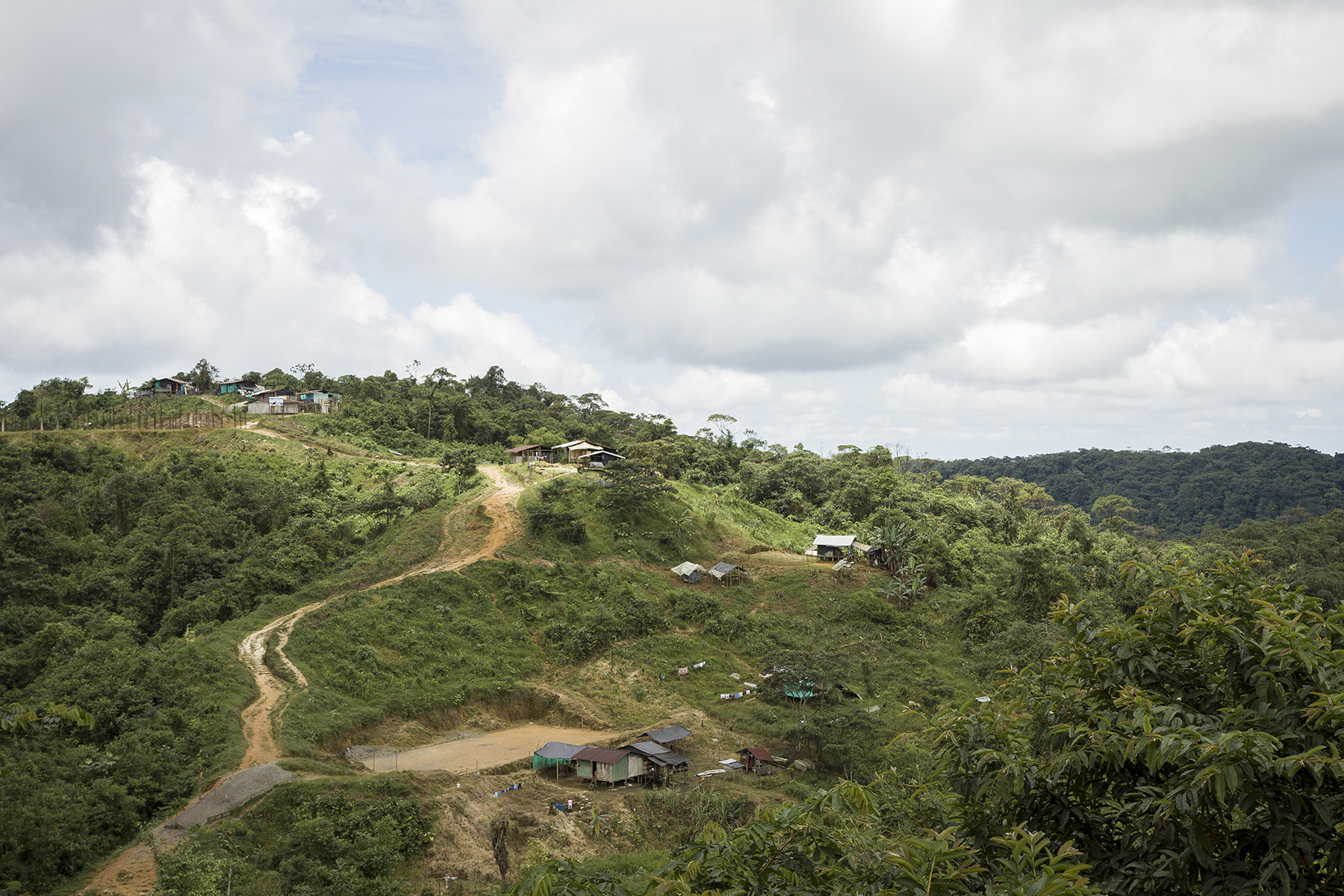
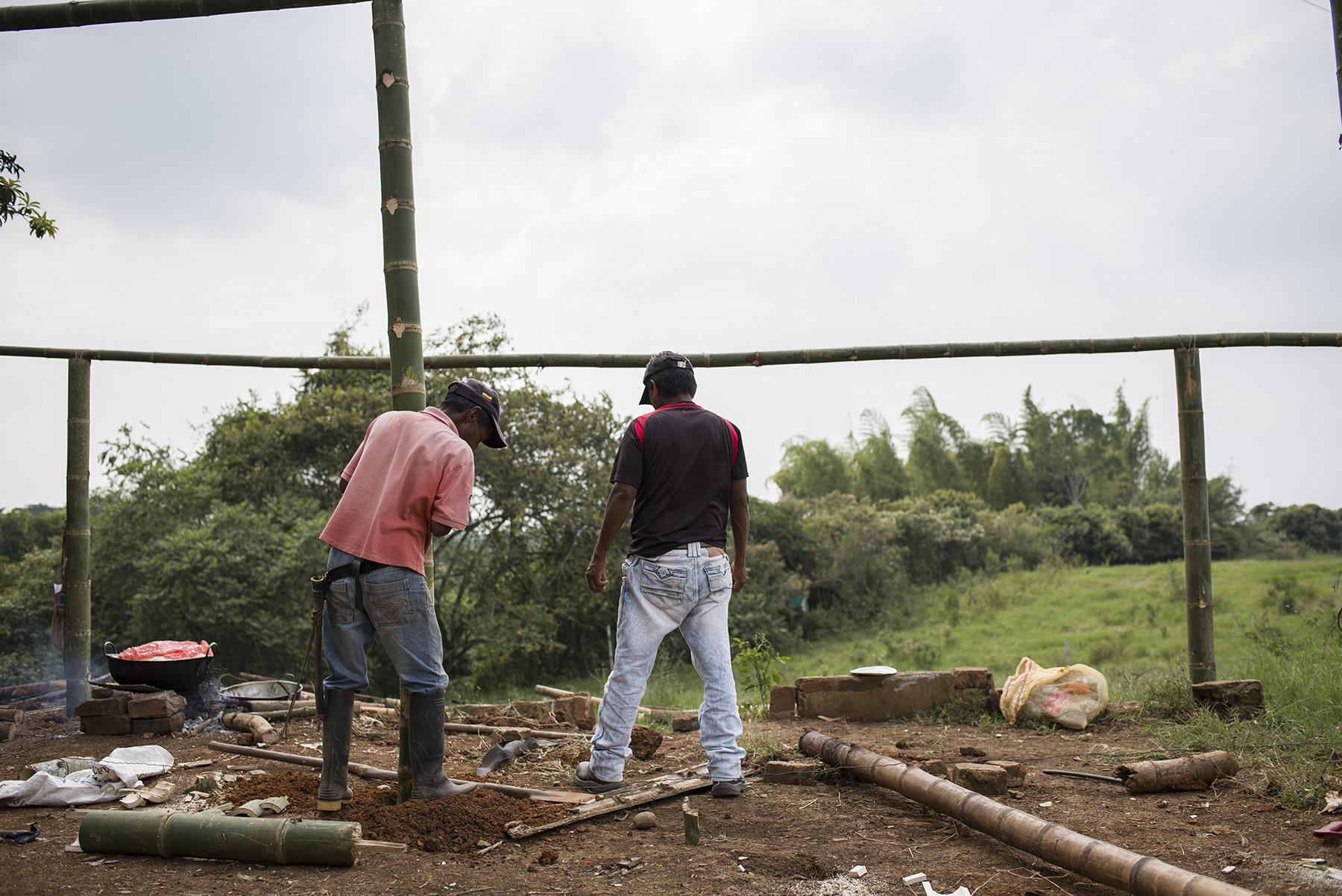
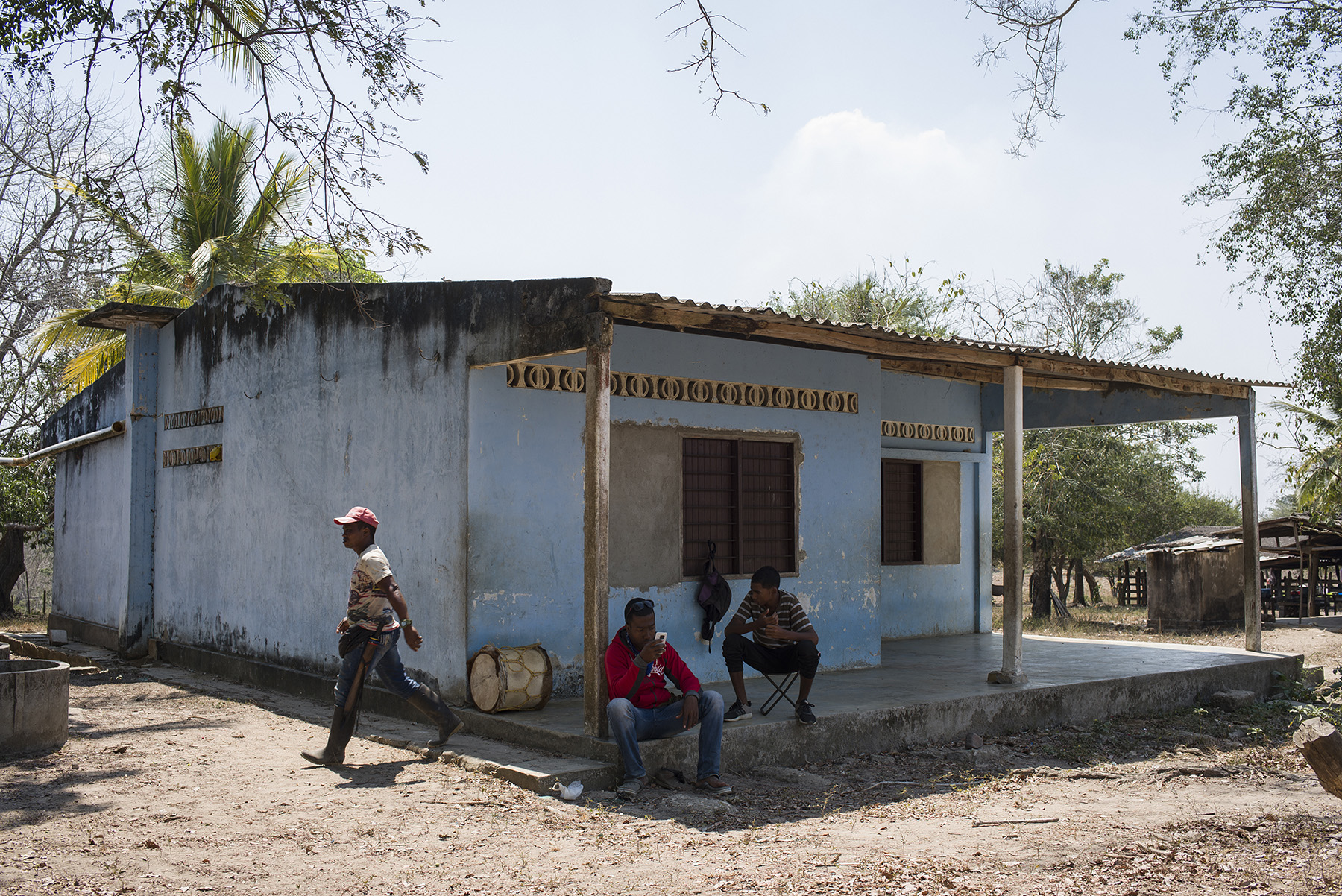

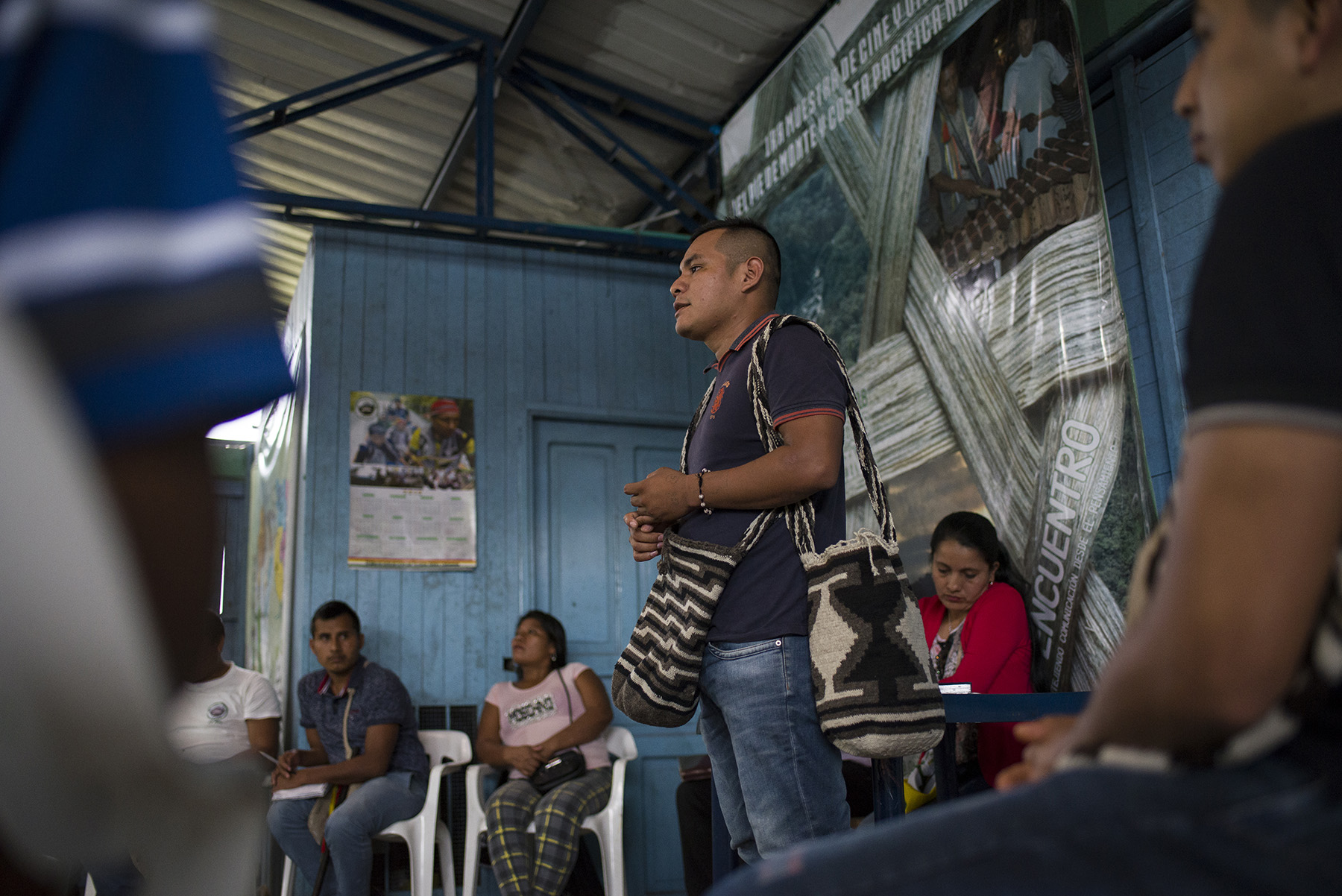
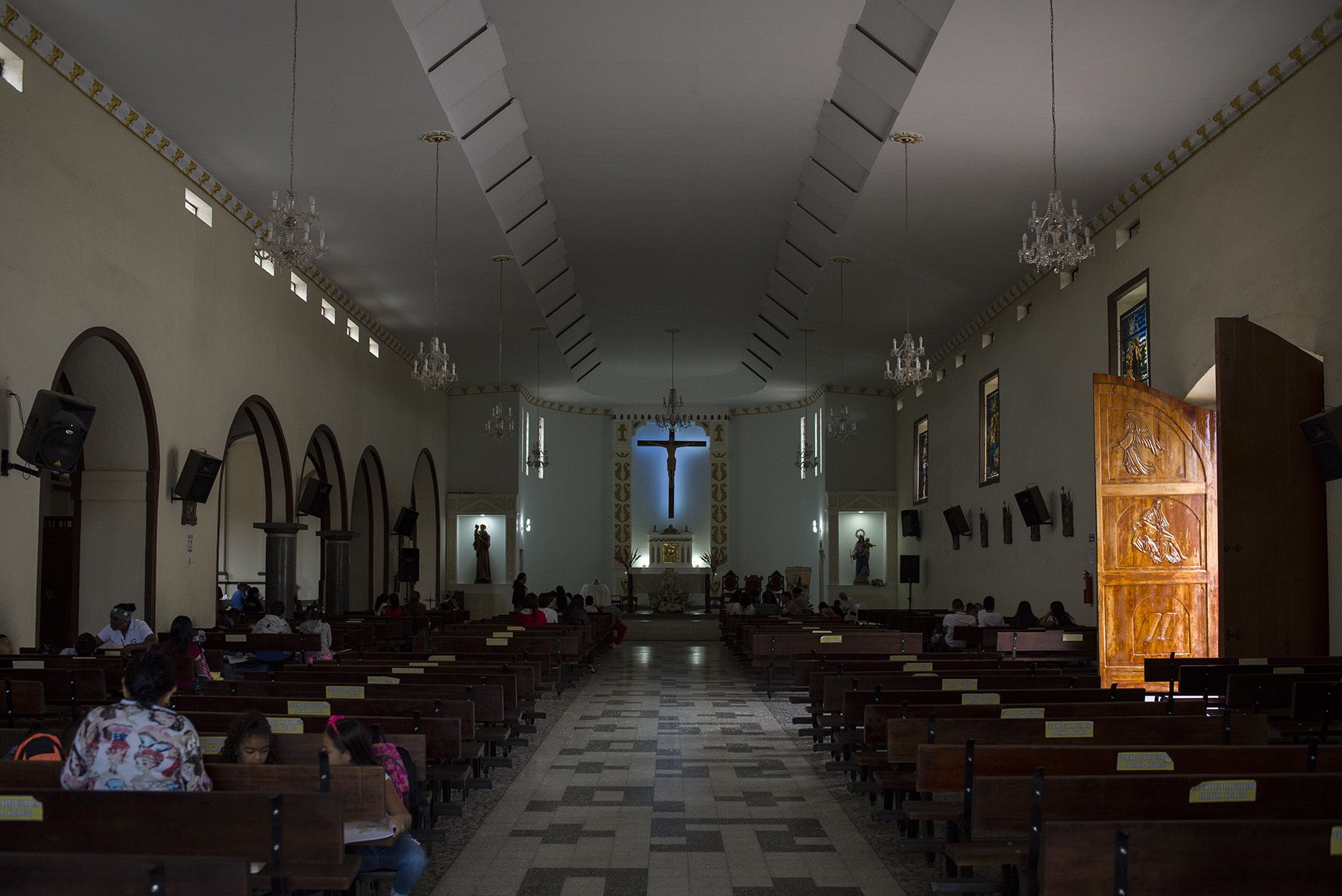



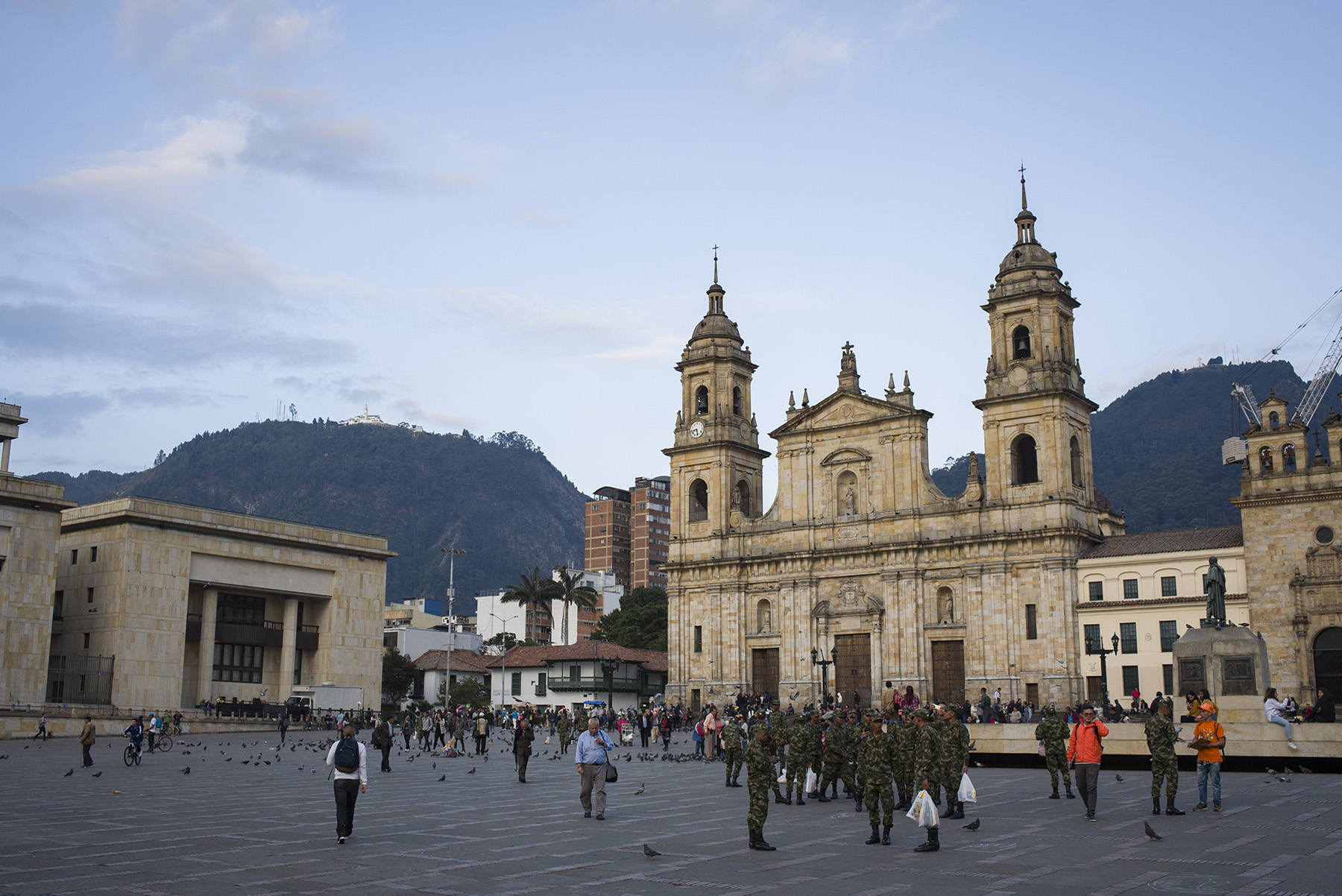

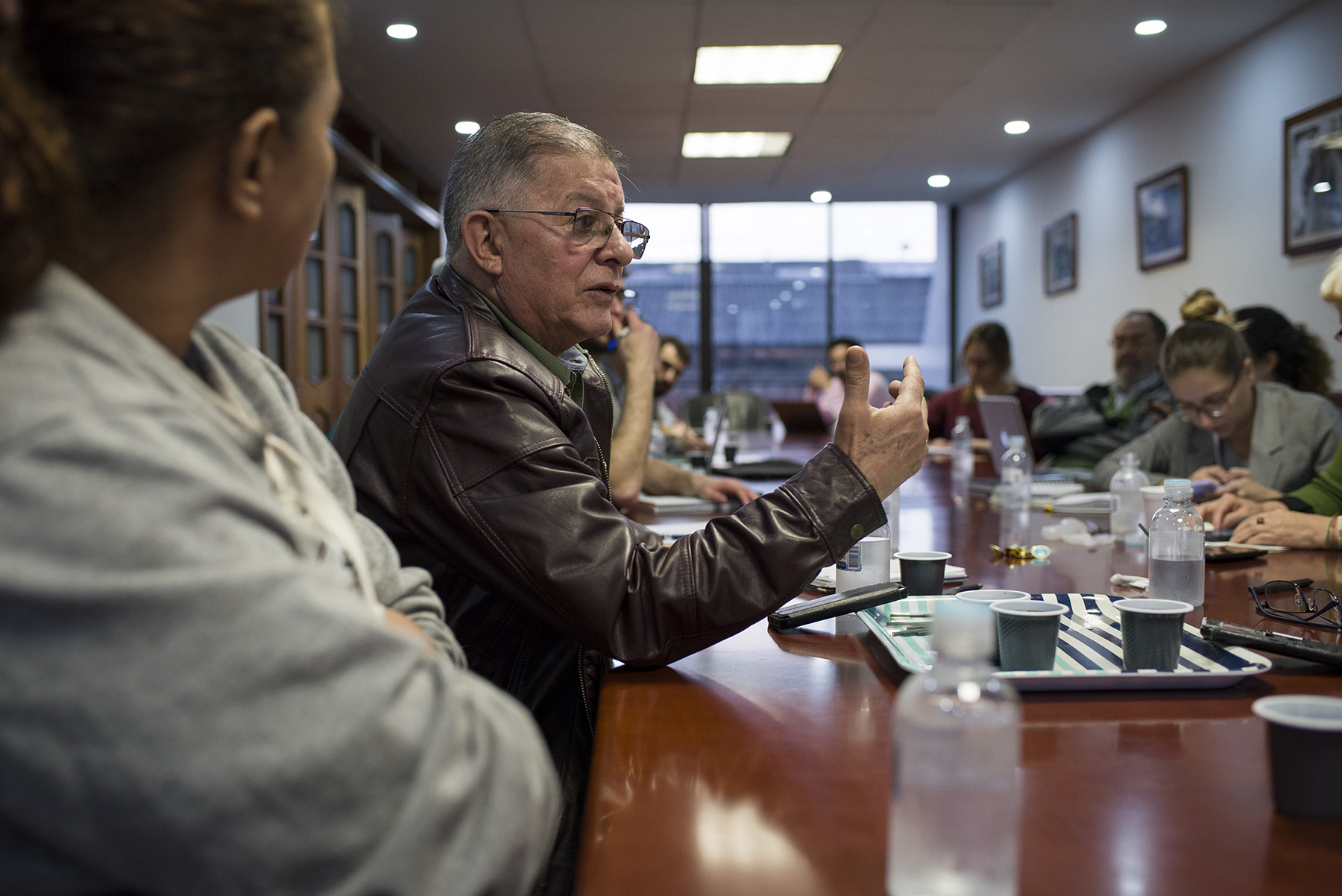
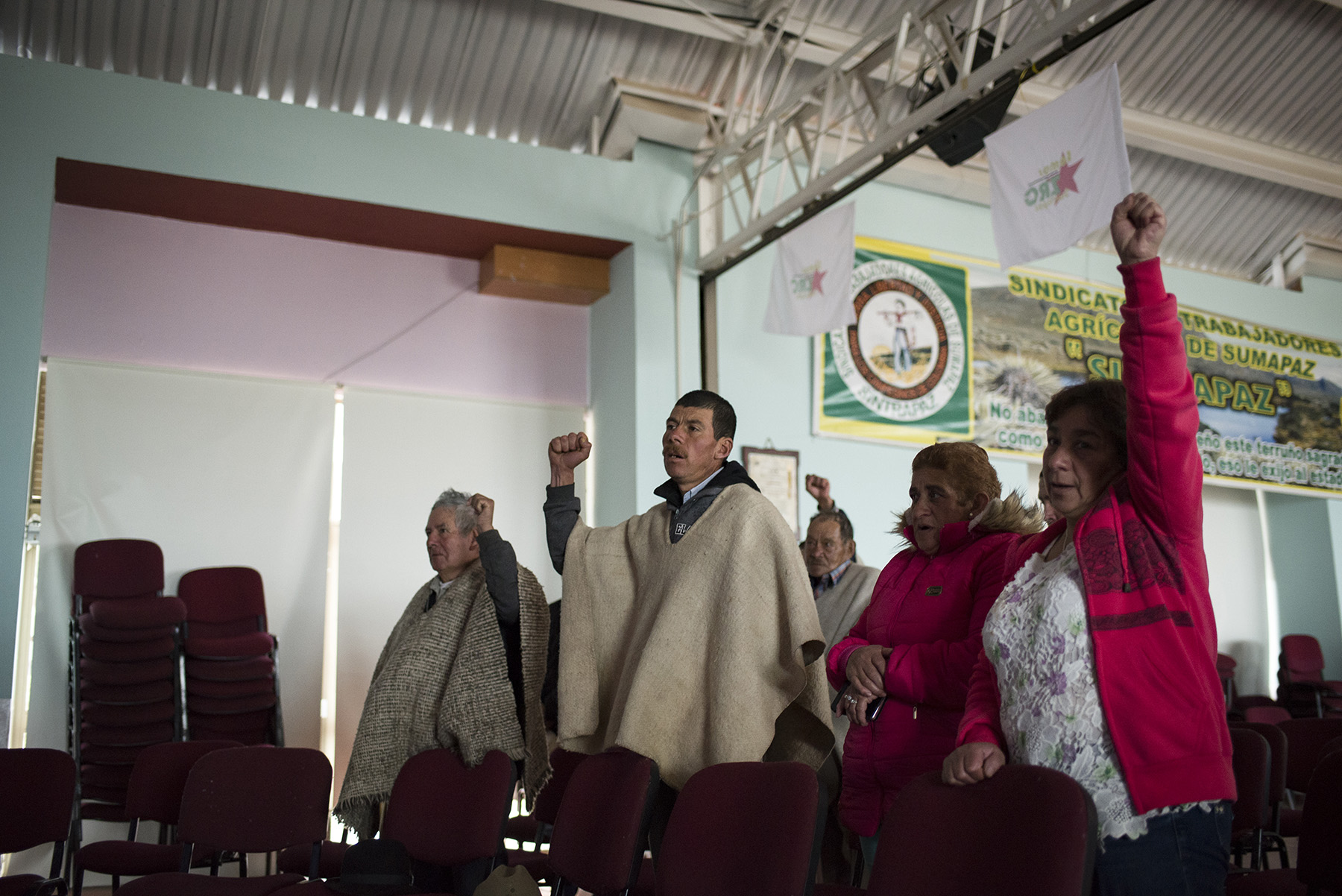

After the Havana Peace Agreement in 2016 with former President Juan Manuel Santos, the current President Iván Duque does not comply with any of the agreed points, leaving the territories at the mercy of the paramilitaries and drug dealers, without complying with the restitution of the lands granted to indigenous, black and peasant communities.
The Office of the Ombudsman of Colombia denounces the increased violence in recent years despite the supposed Peace Agreements reached, and shows almost 1,000 leaders murdered until 2021.
Many of the leaders of the different territories, abandoned to their fate by the Government of Colombia, are threatened, persecuted and have a bounty on their head. All because of facing the injustices to which they subject their territories, such as mobility, communication, food or economic blockades (thus often forcing people to work on coca leaf plantations).
The project was born from the need to document the work of the XV Asturian Delegation for the Verification of Human Rights in Colombia so that they have graphic material on the different situations of Human Rights violations in the Colombian territory.
After the Havana Peace Agreement in 2016 with former President Juan Manuel Santos, the current President Iván Duque does not comply with any of the agreed points, leaving the territories at the mercy of the paramilitaries and drug dealers, without complying with the restitution of the lands granted to indigenous, black and peasant communities.
The Office of the Ombudsman of Colombia denounces the increased violence in recent years despite the supposed Peace Agreements reached, and shows almost 1,000 leaders murdered until 2021.
Many of the leaders of the different territories, abandoned to their fate by the Government of Colombia, are threatened, persecuted and have a bounty on their head. All because of facing the injustices to which they subject their territories, such as mobility, communication, food or economic blockades (thus often forcing people to work on coca leaf plantations).
The project was born from the need to document the work of the XV Asturian Delegation for the Verification of Human Rights in Colombia so that they have graphic material on the different situations of Human Rights violations in the Colombian territory.


